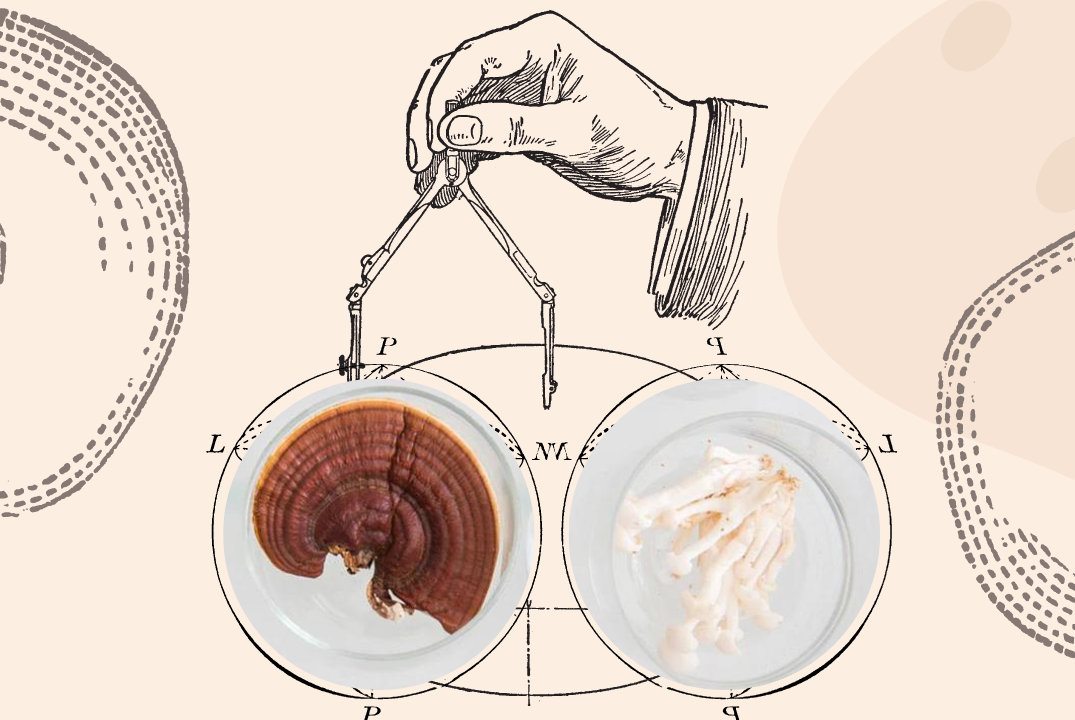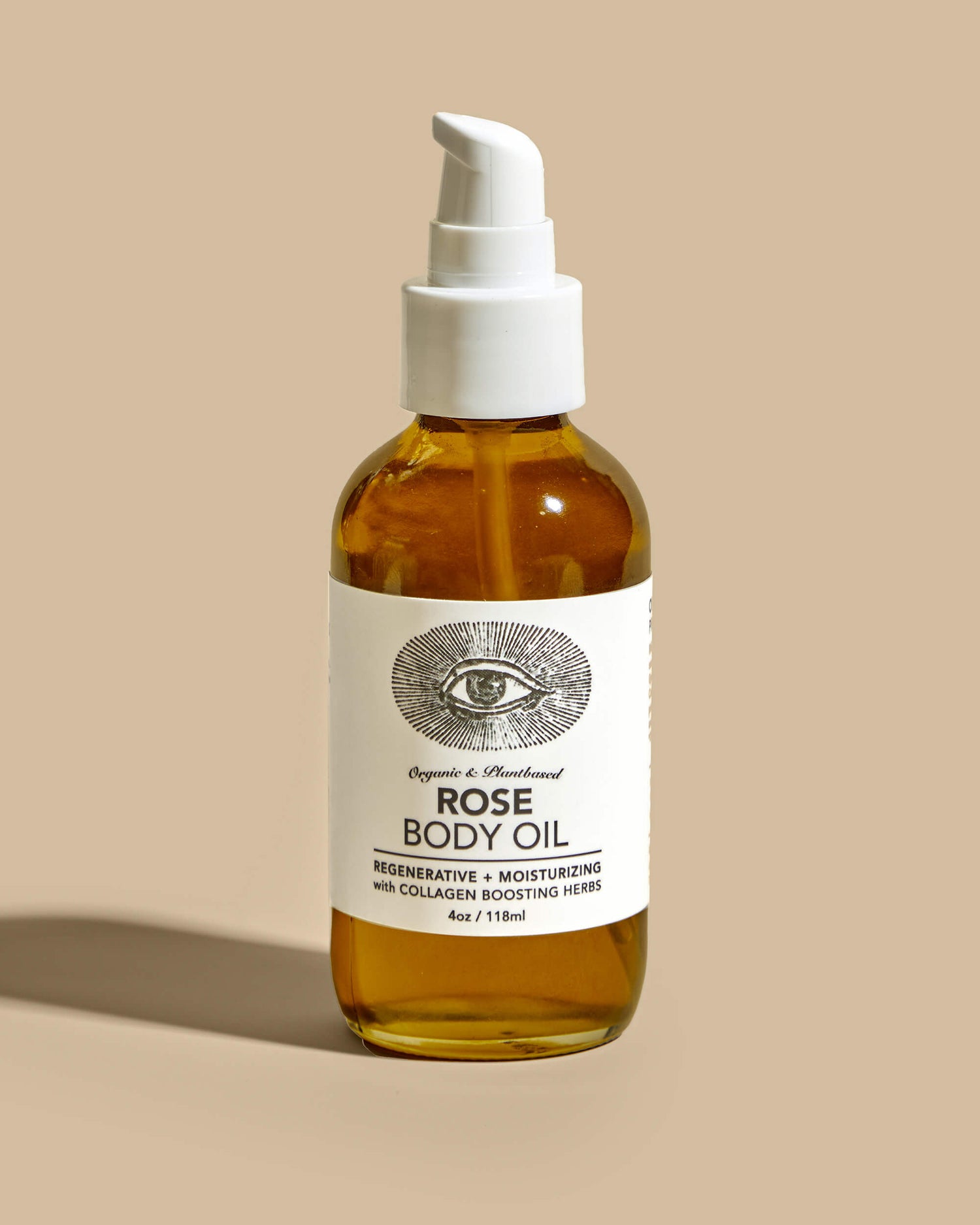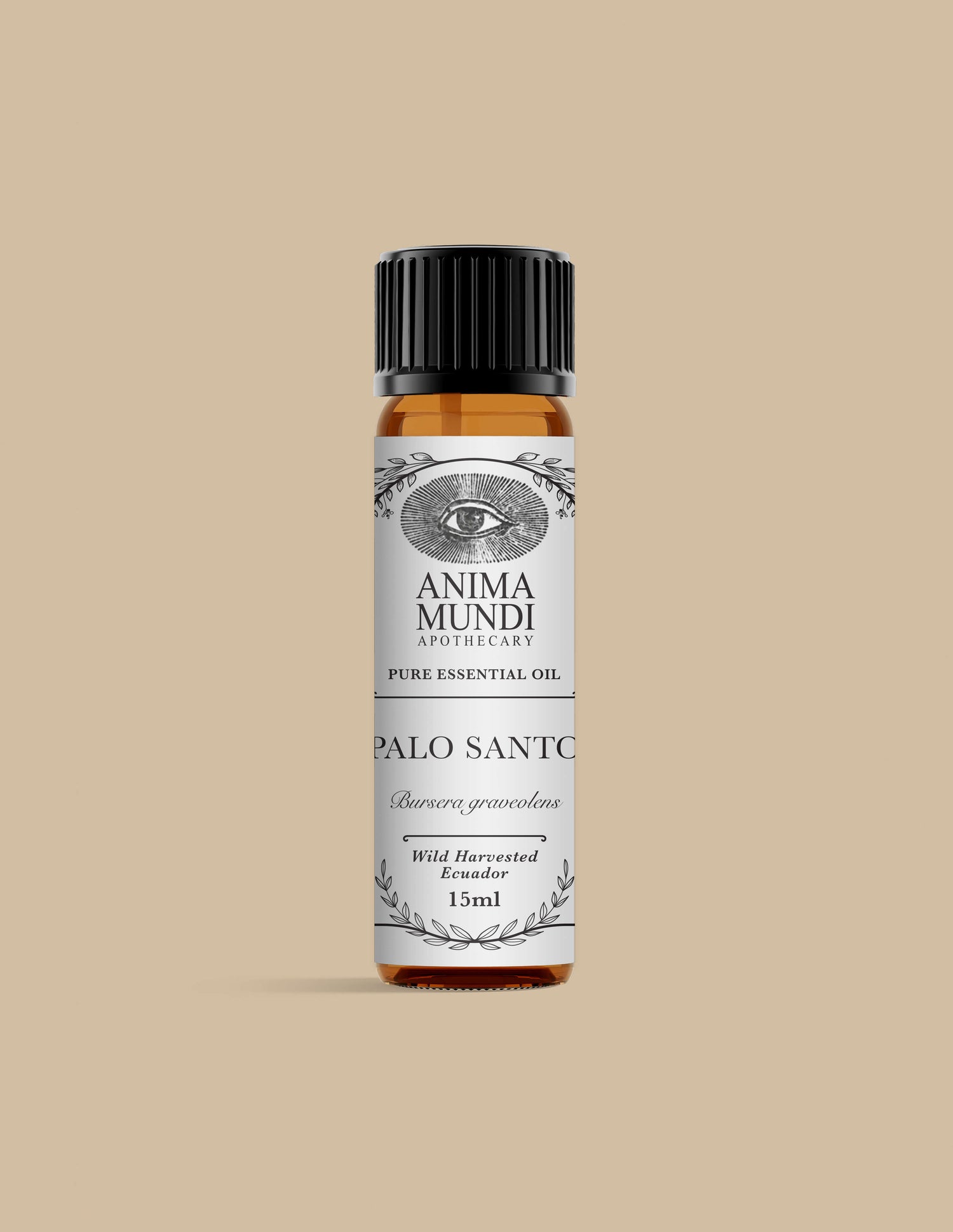
Have you ever had trouble getting a good night’s rest? Maybe it was temporary, or maybe it’s an ongoing struggle. Whatever your relationship has been with healthy sleep patterns, there are so many things that keep us up at night. From the psycho-spiritual to the physiological and circumstantial, the causes of poor sleep hygiene can be multifaceted, ranging from simple (yet often misunderstood) to complex and hard to overcome, or even resulting in chronic issues like insomnia. To get to the root of why you might not be getting proper rest, let’s first examine some of the challenges people face when struggling to get quality sleep.
Psycho-Spiritual Causes
- An Overactive Nervous System
- Your Organ Clock
- Emotional Avoidance/Unresolved Emotions
- Holding On (to negative energy, the past, etc.)
- A Spiritual Awakening Is Coming

In order to slow down your nervous system enough to create the proper conditions for a restful night, having a consistent and calming bedtime routine can be an excellent first step. Evaluate what you’re currently doing in the hour or two before you get ready for bed, and then consider which restorative practices—like journaling, meditation/breathwork, sipping soothing teas, or gentle yoga/stretching—you can start incorporating into the wind-down period before going to sleep at night. There could also be a link here to your organ clock; according to Traditional Chinese Medicine (TCM), there are specific hours when your organs are working overtime. Each one has distinct physical and spiritual meanings. Here are a few examples:
11pm-1am: Gallbladder | Are you having difficulty standing up for yourself? Do you struggle to make decisions? Your self-confidence may be wavering if the gallbladder energy is draining you of passion.
1am-3am: Liver | Unresolved anger can get “stuck” in the liver, the major detoxifier of our body and blood.
3am-5am: Lungs | Storage centers for unprocessed grief, the lungs connect us to our breath, the life force and unifier of all living things. Consider doing some breathwork that exaggerates the length of your exhale.
5am-7am: Large Intestine | A literal and metaphorical place for waste to gather and sit until we’re ready to release it, if this digestive center is overworked, it may be a sign you need to let go in more ways than one.
It’s all connected! When emotions are trapped in the body, it’s often the result of avoiding painful or uncomfortable feelings. Poor or disturbed sleep can also be an indicator that we need to surrender to the hard process of healing from ancestral wounds and trauma, or say goodbye to negative energy, things that happened in the past, and/or unhealthy cycles of thoughts and actions that are hurting us.
Lastly, if the universe is sending you signs via your subconscious mind, you’re probably already tapped into this deep intuition on some level. Instead of resisting receiving the “download” out of fear, try practicing lucid dreaming (more on that below) to get clarity about the messages you’re meant to receive. Trust in the timing of your life. The key to better sleep might be accepting that you’re about to break through your own spiritual blockages. Show the spirit guides you’re ready by creating an altar or journaling, or even sitting in silence.

Physiological Challenges
Exposure to toxic substances is a nearly unavoidable part of living in today’s modern world. Whether from the foods we eat or the external environment, toxins can wreak havoc on our mood, our sleep, and our liver, among many other harmful effects. Fortunately, the liver can be cleansed periodically or even daily, preventing disruption in sleep, mood, digestion, energy, and long-term diseases. In numerous studies, both sleep deprivation and impaired sleep have been linked to poor health outcomes, but only recently has the research field turned its focus to the association between sleep disturbances and digestive disorders, which affect up to 70 million people in the U.S. each year.
“Poor sleep has been shown to result in the exacerbation of gastrointestinal symptoms. Conversely, many gastrointestinal diseases affect the sleep-wake cycle and lead to poor sleep,” the doctors and authors of this academic article reported.
Just as better sleep can lead to better digestive function and vice versa, hyperthyroidism can also cause difficulty sleeping. Symptoms like muscle atrophy, constant fatigue, irritability, and nervousness can also trigger night sweats and frequent urges to urinate, all combined leading to major fatigue. The common thread here is that sleep and every level of our health are interconnected and mutually influence one another. That’s why adding stress to the mix tips the equation into dangerous territory.
In 2013, the American Psychological Association reported in their “Stress in America” survey that stress greatly interferes with the sleep needed by adults and teens in the U.S. to maintain their overall health. If a decade ago up to 49 percent (Gen Xers) and 28-43 percent (Millennials, boomers, and matures) said their sleep quality was “fair or poor”, imagine how those numbers have continued soaring over the past ten years!
How often have you thought of (or actively cared for) the pineal gland? A tiny, pea-sized gland located in the center of our brain, it’s also one of the master endocrine glands that controls many aspects of our everyday life. One of its main functions is to secrete melatonin, a hormone best known for regulating our sleep patterning and our circadian rhythms. There’s hundreds of accounts written by ancient cultures all over the world on the esoteric and anatomical mysteries of this precious gland. And, although modern scientists have observed how the pineal gland secretes essentials like melatonin, serotonin (our sense of happiness) and DMT (the spirit molecule), many of its roles remain a mystery. A healthy and activated pineal gland also metabolizes other essential neurochemicals that coordinate physical and emotional processes, like serotonin. With the assistance of the endocrine system, the pineal gland plays a key role in the production of these neurochemicals because it has one of the highest concentrations of serotonin in the body, and serotonin is a critical precursor to them.
Circumstantial Issues
- Temporary Life Changes (work, home, loss, etc.)
- Overwhelmed/Overstimulated
- Endings or Beginnings
- You Made a Mistake Or Caused Harm
Circumstances like worrying, temporary life changes (especially major or sudden ones), feeling overwhelmed or overstimulated, endings or beginnings (even when these are welcome), and mistakes we’ve made or harm we’ve caused can all cause our sleep to be negatively impacted. Remembering what is within our control and letting go of attachment to what isn’t, checking in with our feelings and finding an outlet to express and release negative thoughts and emotions, and forgiving ourselves and others for wrongdoing are just some of the ways we can start to process and move beyond these moments of grief and suffering. The body expresses what the mind suppresses. It’s also said that if you do not choose a time to rest, your body will choose one for you. Taking all of this into consideration, we want to avoid crash, burnout, and sleepless nights. In order to do that, we have to examine the root cause of our sleep challenges, whether that’s not getting enough sleep or even sleeping too much when we feel the load is too heavy to carry.
Enter sleep syncing, a trend that TikTok popularized and made viral. But long before the sleep syncing craze hit the Internet, scientists repeatedly affirmed that following the body’s “master clock” can be extremely beneficial for the proper regulation of our anatomical functions. Research has demonstrated that maintaining a consistent sleep schedule can also be the key to regulating your circadian rhythm. As a result, both the quality and quantity of your sleep can be improved by sleep syncing, in addition to helping you feel more alert, focused, productive and in a better mood, while reducing your risk of common sleep-related issues.
Let’s take a closer look at how to practice sleep syncing to break down the mystery of how and why it works.

The study of the body’s circadian rhythms is referred to as chronobiology. This field of inquiry examines how our daily schedule of activities—the specific time of day we eat, exercise, go to bed, get light exposure, etc.—impacts our many bodily functions. It’s also concerned with how this may affect long-term health issues like cancer, diabetes, gastrointestinal disorders, and many other chronic conditions. Other facets of chronobiology include studying periodic (cyclic) phenomena and the way living organisms adapt to solar- and lunar-related rhythms, otherwise known as biological rhythms. One of the most important rhythms to understand relative to our sleep hygiene is our circadian rhythm, which is a vital sleep syncing tool.
Circadian Rhythms
According to the National Institute of General Medical Sciences, circadian rhythms follow a 24-hour cycle that responds to lightness and darkness, resulting in mental, physical, and behavioral changes in our body. Our biological rhythms are also called our “internal body clock”, providing a built-in timing device that aims to keep these rhythms on track by releasing hormones that make us feel hungry, sleepy, or awake.
What’s referred to as the body’s “master clock” is actually the brain’s hypothalamus, whose specialized cells use a molecular process to keep time, as demonstrated by research. The master clock responds to the amount of exposure to lightness or darkness we experience, coordinating the domino effect of other regulatory processes like hormone levels, body temperature, and behavioral stability. By default, the brain wants its clock synced to daylight, so it’s no wonder that blackout curtains, darker rooms, and following the rhythms of the sun and the moon are all helpful for following the natural rhythms of our internal clocks, too.

How To Practice Sleep Syncing
“By going to bed and waking up at the same time each day, you can help train your body to recognize when it’s time to sleep, which can support more restful and refreshing sleep,” says sleep expert Dr. Sanam Hafeez. This simple process is so straightforward that pretty much anyone can try it. Here are a few steps to get started:

Did you know that between 7-10% of adults in the U.S. report taking sleep medication every day or most days to help them fall or stay asleep? Here are nine herbalist approved alternatives to prescription sleeping pills.
- Blue Lotus (Nymphaea caerulea)
- This antispasmodic nervine has long been used as a natural sedative and stress-reliever.
- It contains alkaloids and aporphine that help bring about feelings of euphoria.
- Ashwagandha (Withania somnifera)
- Nicknamed “nature’s chill pill”, this adaptogen is clinically proven to reduce stress, anxiety and depression.
- Perhaps that’s why it’s also revered for its ability to calm, soothe, and restore.
- Kalea Zacatechichi (Calea ternifolia)
- An anti-inflammatory Oaxacan dream herb, ancient lucid dreaming ally, and visionary sleep enhancer.
- This “oneirogen” (dream herb) also boosts dream vitality and recall.
- Skullcap (Scutellaria lateriflora)
- Offering antispasmodic and anti-inflammatory powers plus muscle tension relief, it’s been used to treat a range of ailments across cultures.
- Skullcap extracts are rich in flavonoids, which produce antispasmodic and sedative properties without side effects, and help with anxiety, insomnia, chronic headaches, and frazzled nerves.
- Albizia (Albizia julibrissin)
- The “tree of happiness” offers calming sedative properties from both its bark and flowers.
- Traditional Chinese Medicine (TCM) usage has long included anchoring the spirits of those struggling with insomnia, worry, anxiety, confusion, and depression.
- A terrific antidepressant and anti-anxiety herb with no known side effects.
- Kava Kava (Piper methysticum)
- Classified as a hypnotic sedative, it can be deeply relaxing with mild pain-relieving effects.
- It may be found growing in tropical islands like Fiji, Samoa, Tahiti, Tonga, and Hawaii.
- Passionflower (Passiflora incarnata)
- Traditionally used by Native Americans for pain relief.
- This gentle anti-anxiety, antispasmodic, and anti-inflammatory herb is also a mild sedative that naturally relaxes the nervous system and eases nerve-related pain.
- Lavender (Lavandula angustifolia)
- Cooling, relaxing and uplifting, this herb has traditionally been known to soothe the nerves, bring peace of mind, and support better sleep.
- Regular use can also help reduce feelings of anger, agitation, and insecurity.
- Cacao (Theobroma cacao)
- Contains calming and soothing magnesium (a natural relaxant to help deactivate adrenaline) and tryptophan (an amino acid that’s converted into serotonin, then melatonin).
- Cacao is said to be the highest magnesium-containing food on the planet—a.k.a. the “sleep mineral”—to help you go to sleep, and stay dozing longer.















